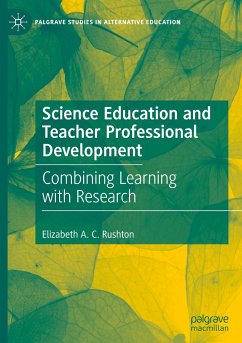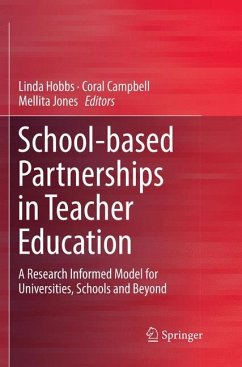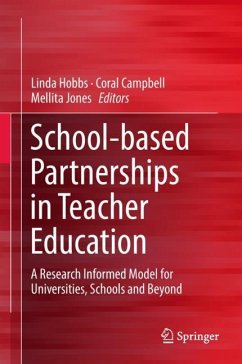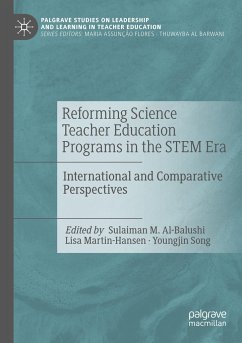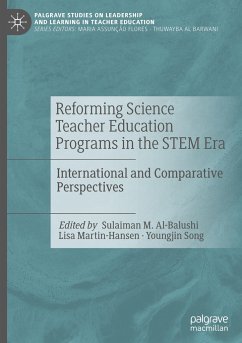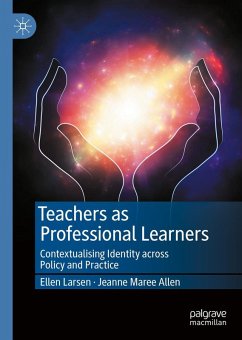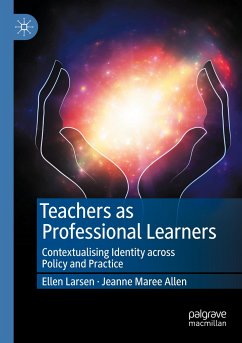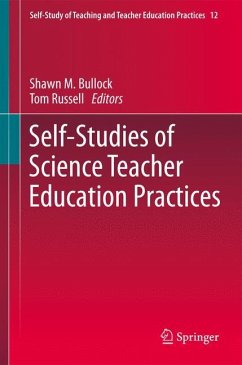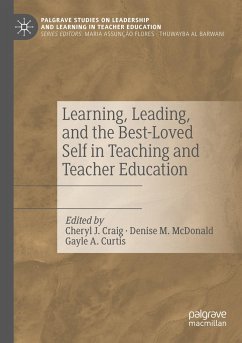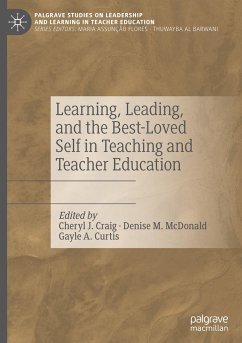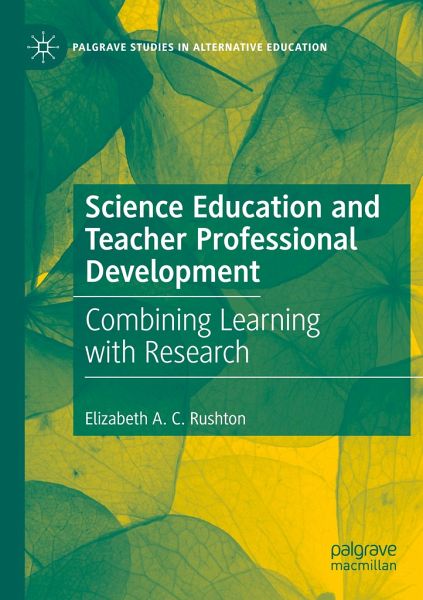
Science Education and Teacher Professional Development
Combining Learning with Research
Versandkostenfrei!
Versandfertig in 6-10 Tagen
139,09 €
inkl. MwSt.
Weitere Ausgaben:

PAYBACK Punkte
0 °P sammeln!
This book presents a radical reconceptualization of subject-focused and research-led teacher professional development. Drawing on the experiences of more than 50 high school teachers and technicians who participated in science-based research with their students, the author examines how this enables teachers to develop a 'Teacher Scientist' model of professional identity. Through active participation in research, science teachers and technicians can implement socially just approaches to education, where students' differences are valued and, through research, their social and academic developmen...
This book presents a radical reconceptualization of subject-focused and research-led teacher professional development. Drawing on the experiences of more than 50 high school teachers and technicians who participated in science-based research with their students, the author examines how this enables teachers to develop a 'Teacher Scientist' model of professional identity. Through active participation in research, science teachers and technicians can implement socially just approaches to education, where students' differences are valued and, through research, their social and academic development is supported. Central to the 'Teacher Scientist' identity is the development of, and sustained interaction with, complex and collaborative professional networks which include researchers, university-staff and teachers and students in other schools. In the context of persistent recruitment and retention challenges, the 'Teacher Scientist' model provides a research-led approach which may offer analternative to strategies focused on financial incentives.



